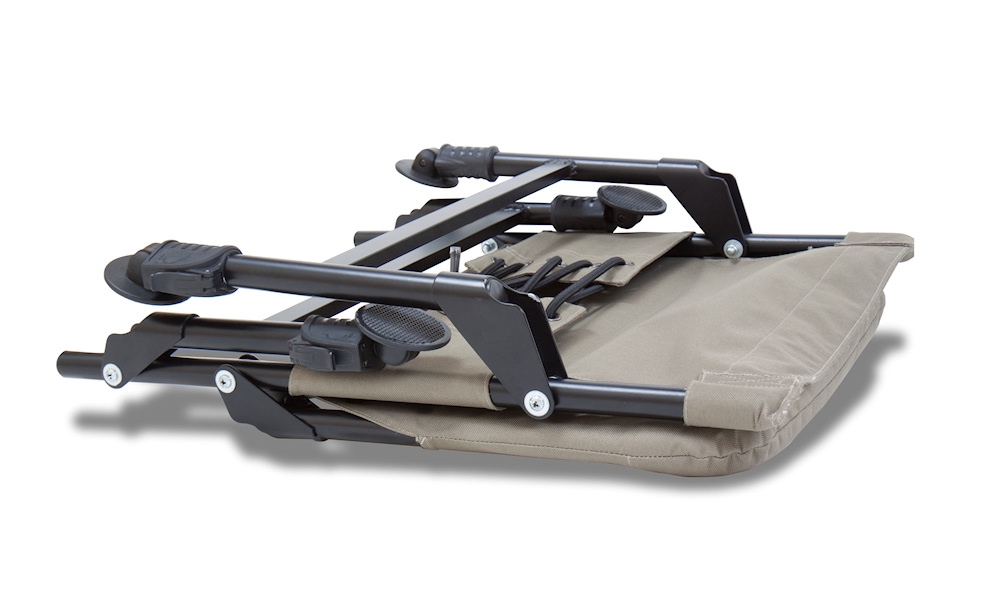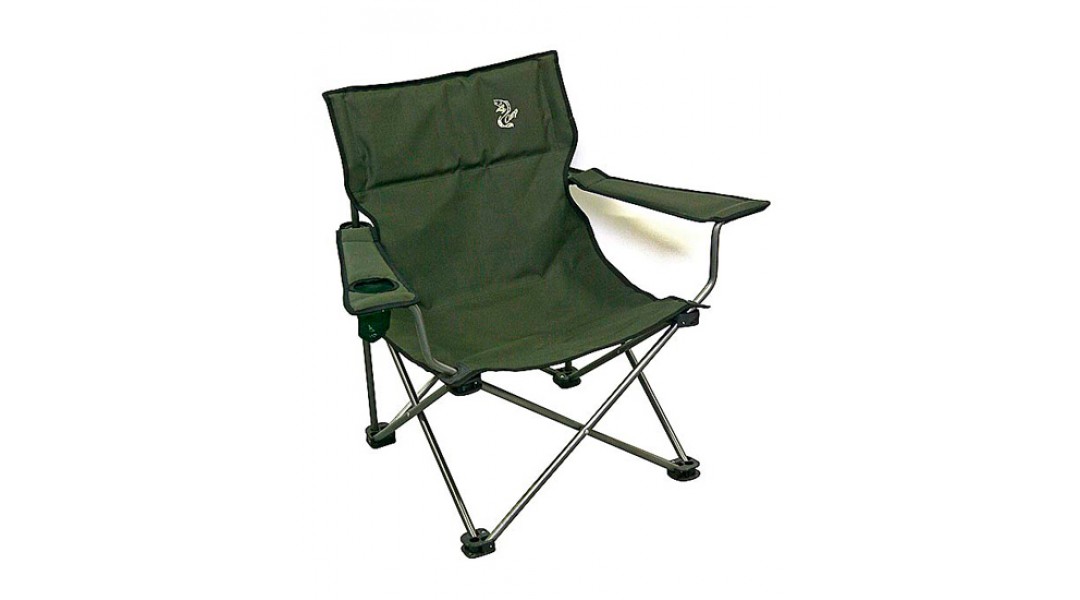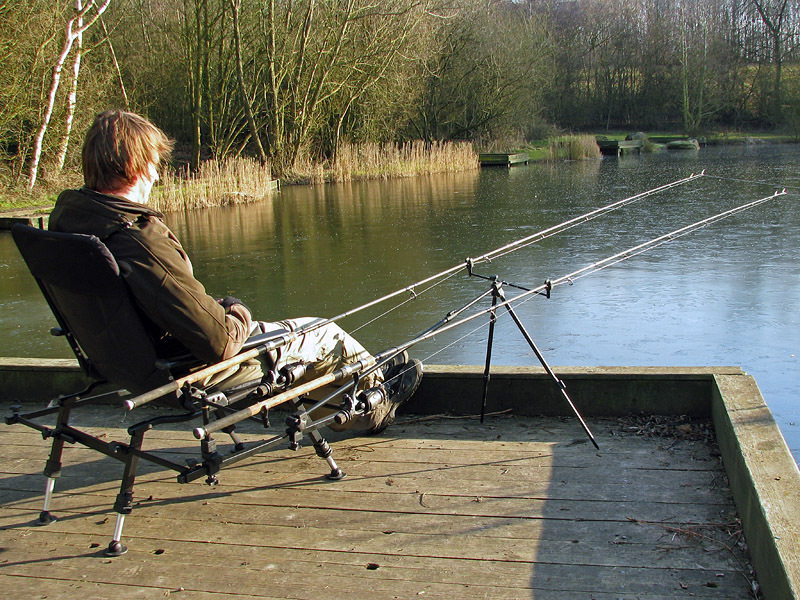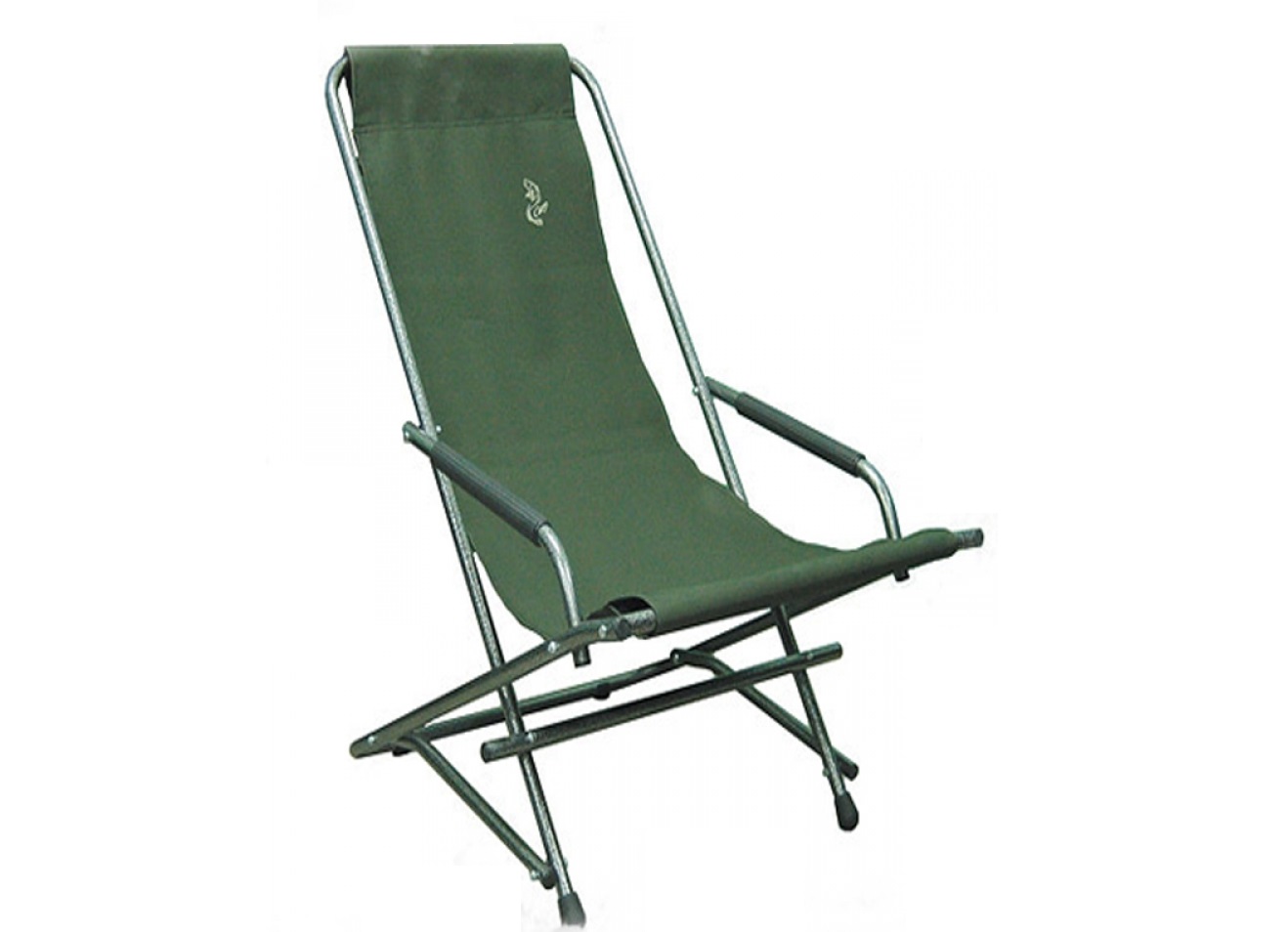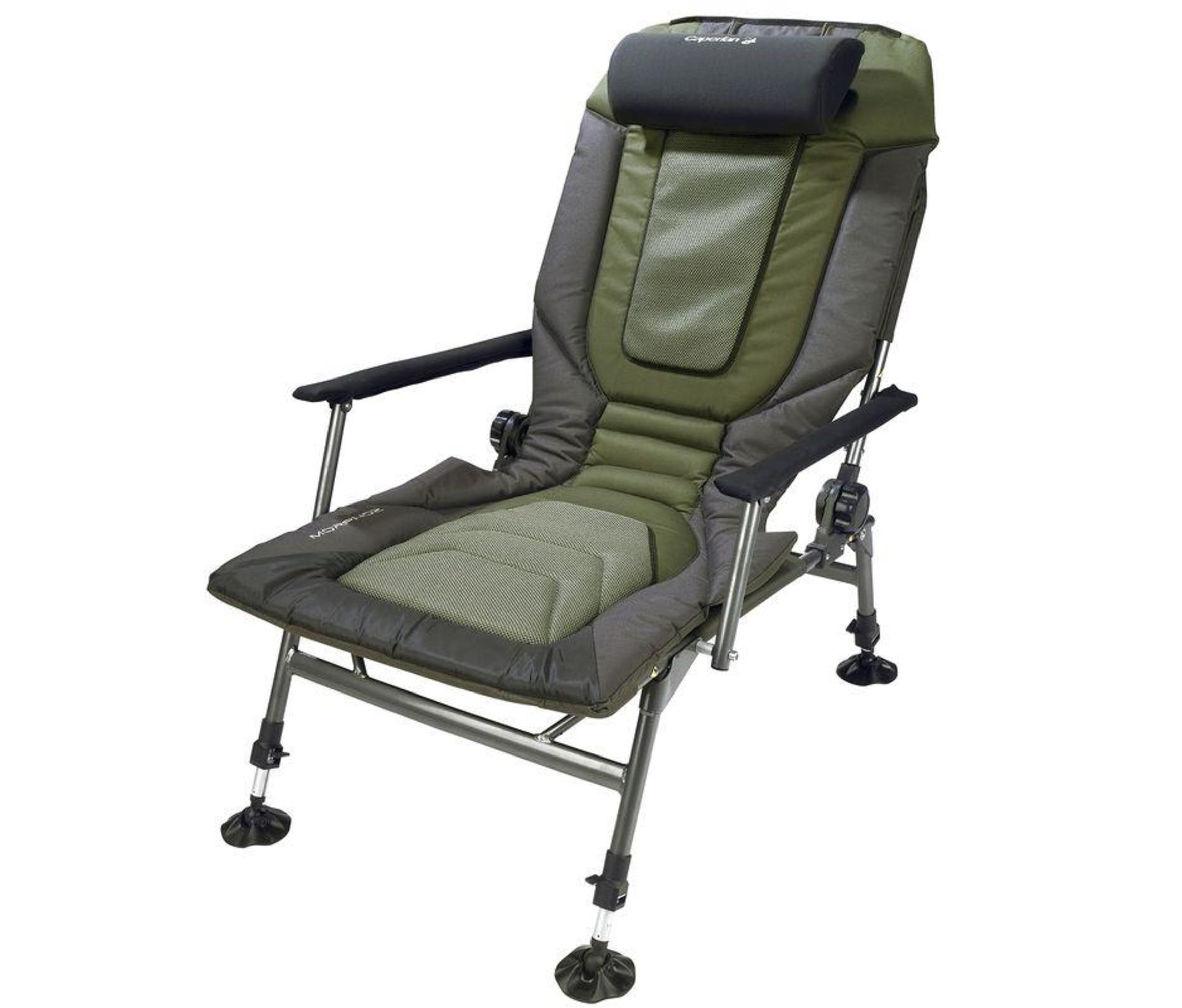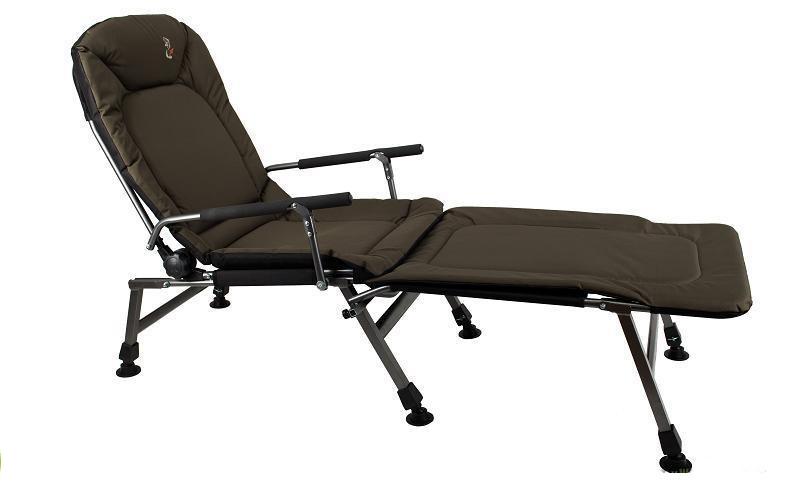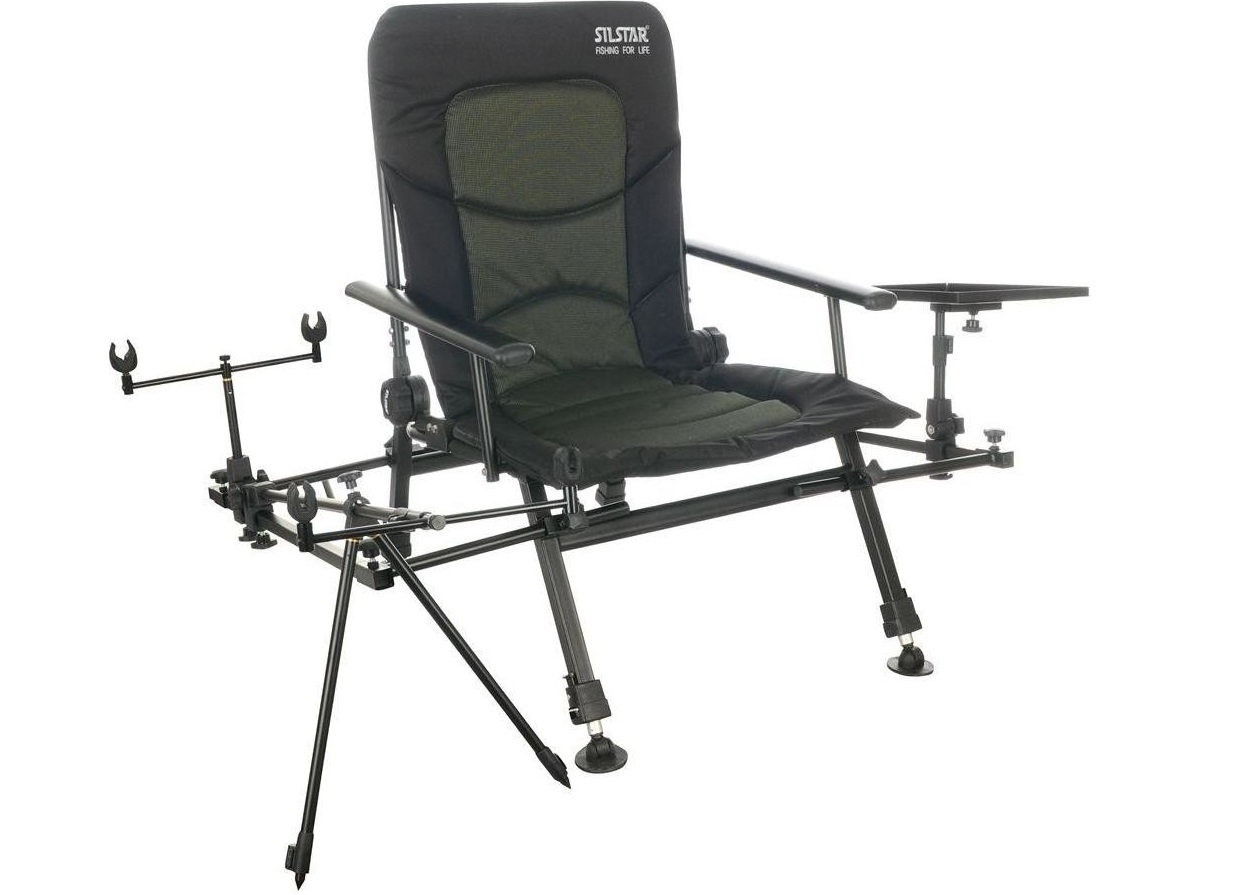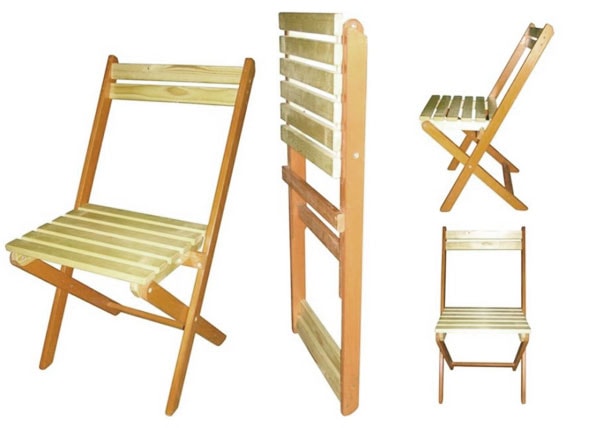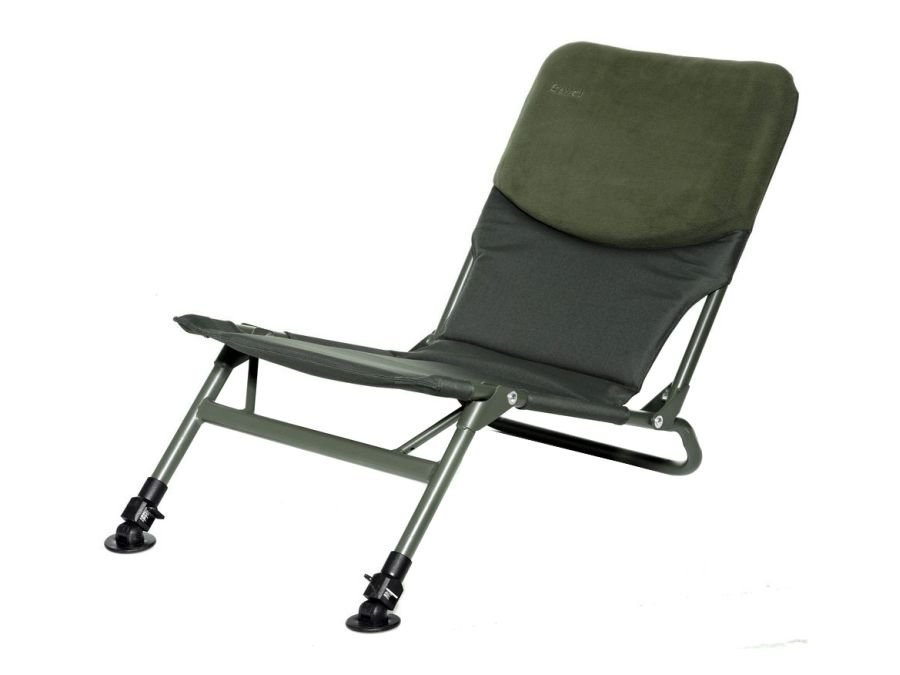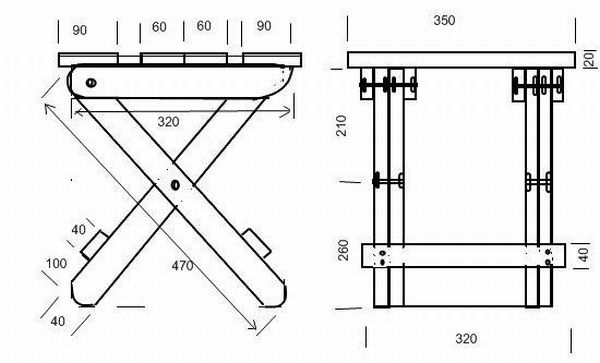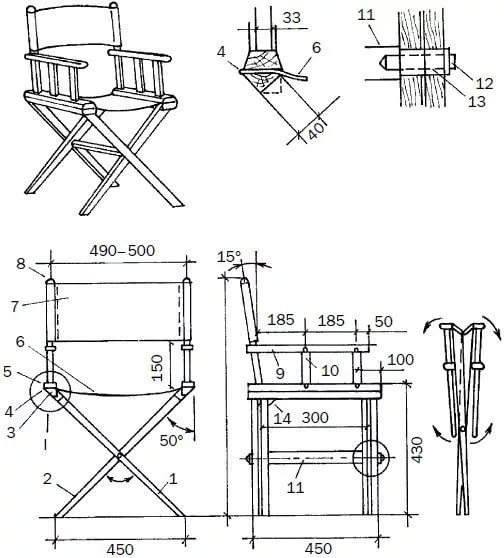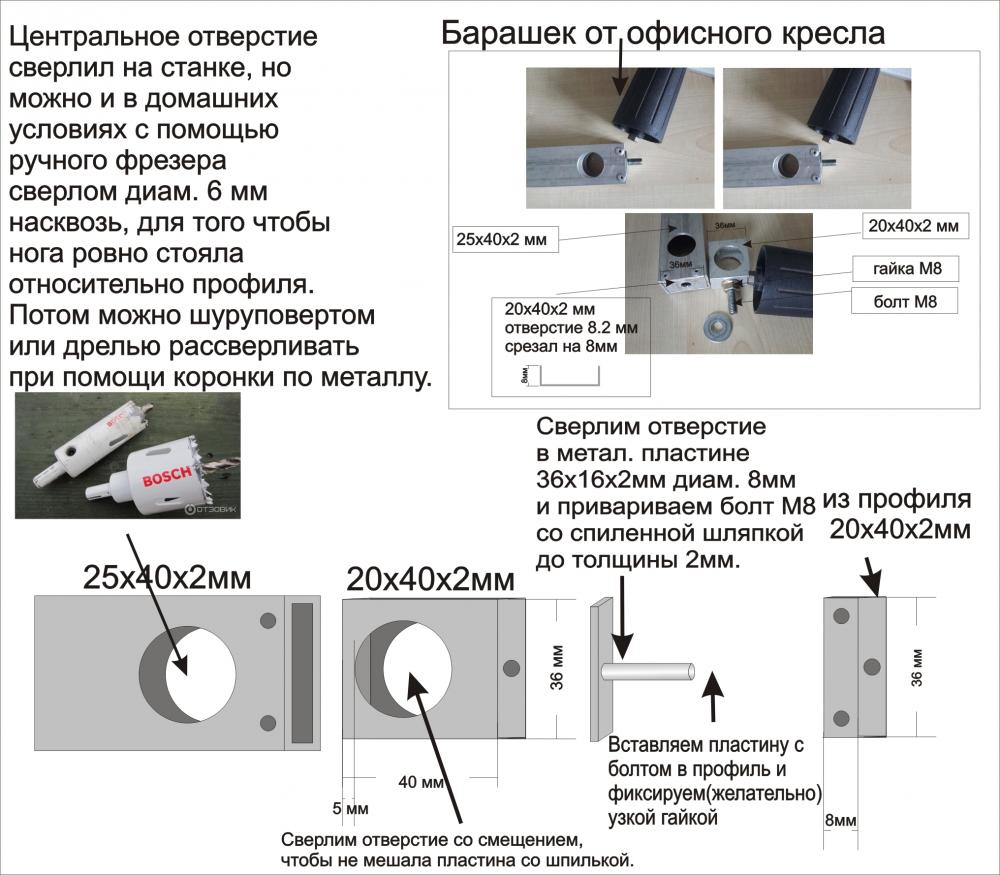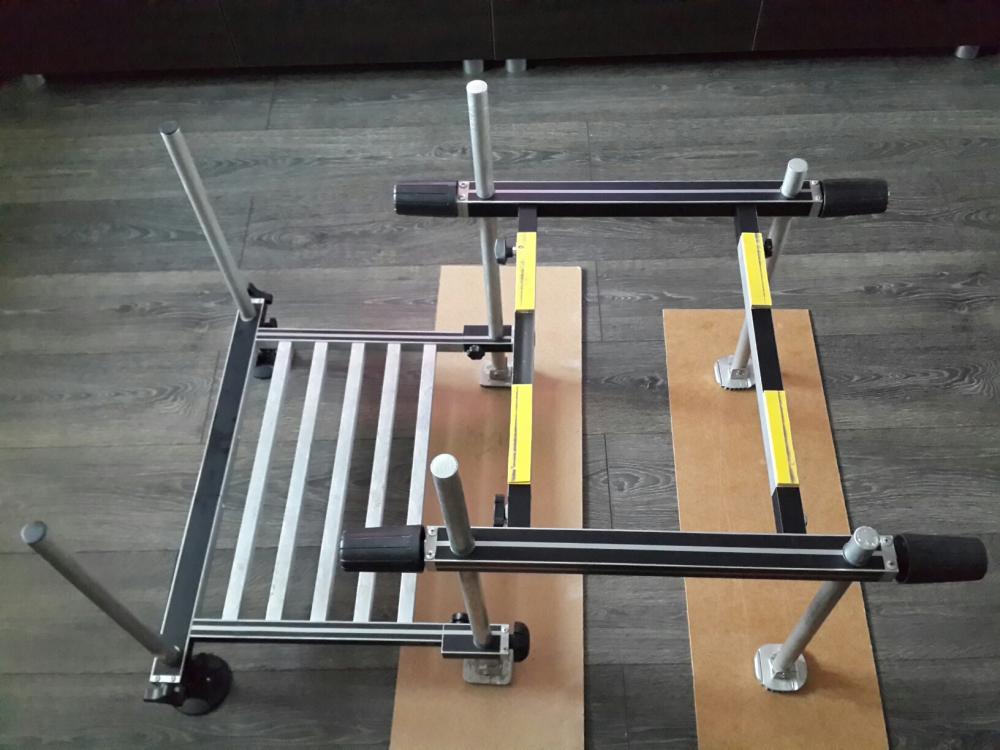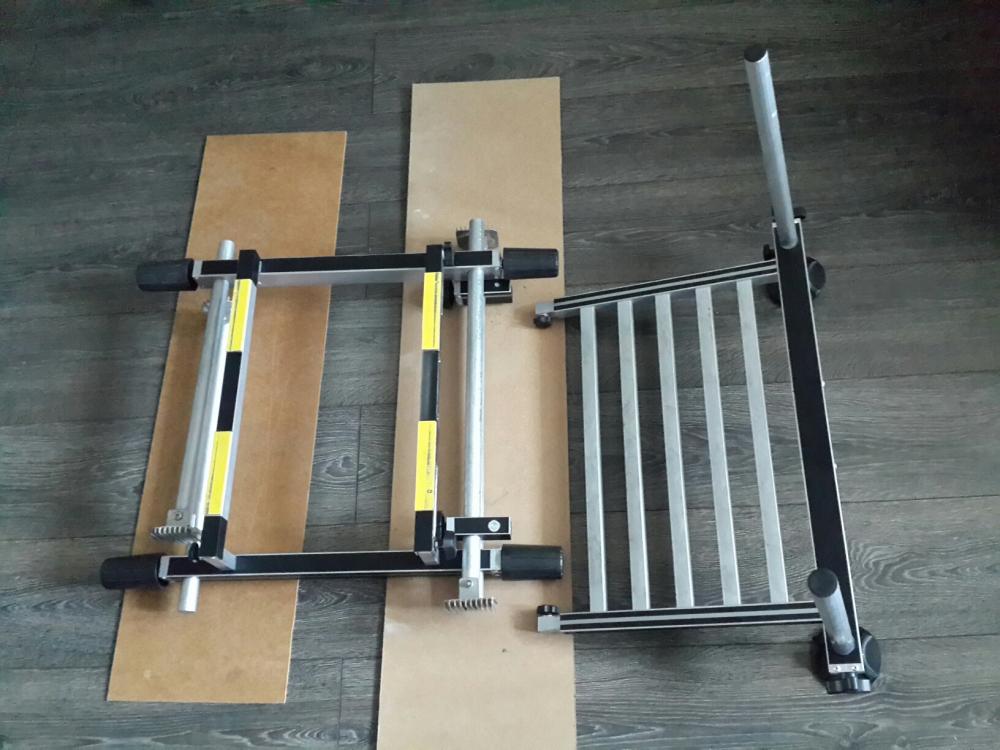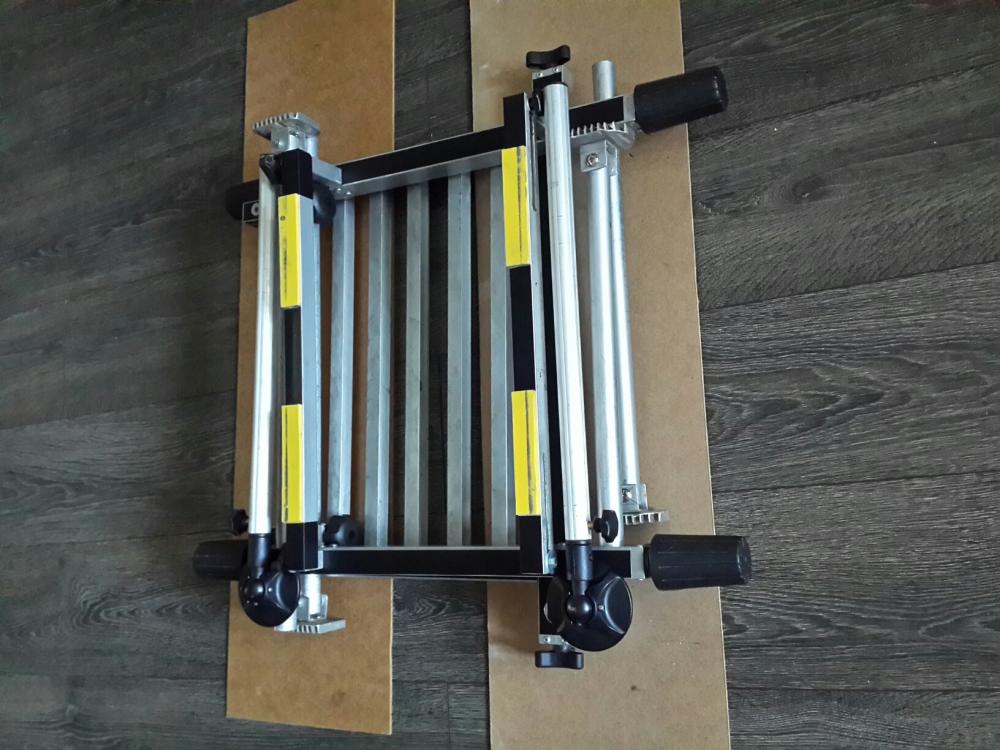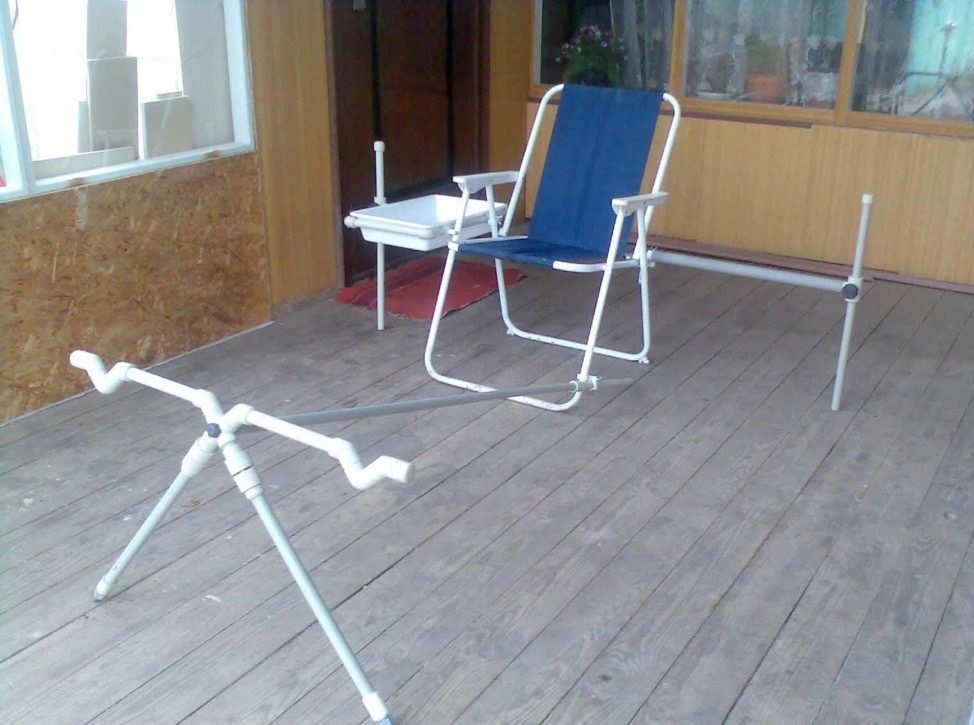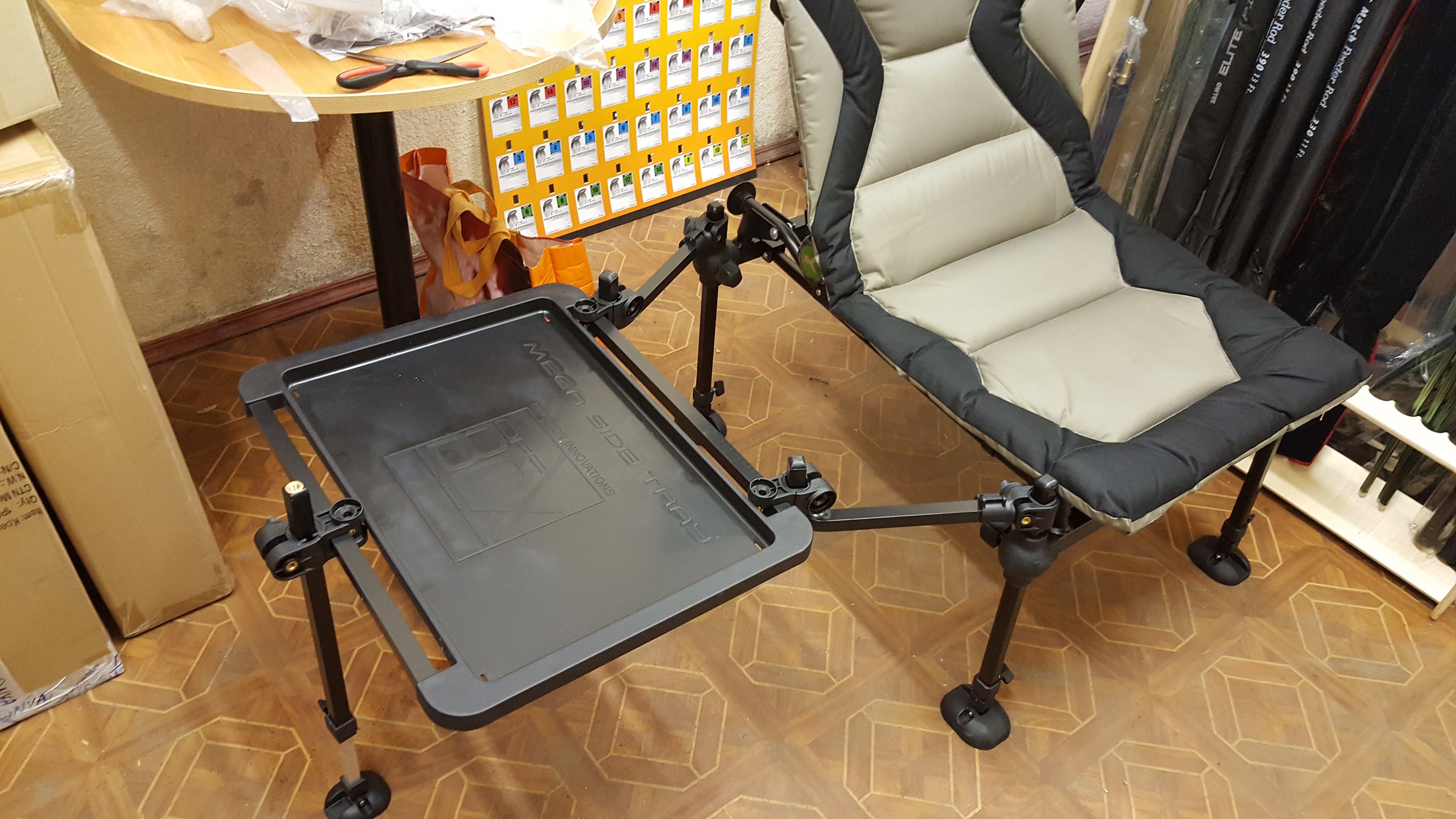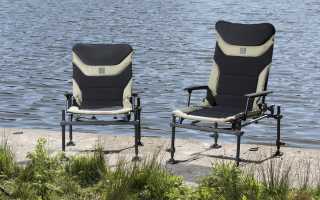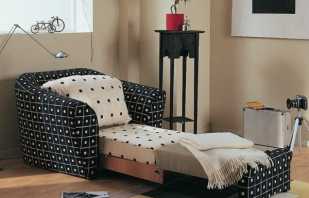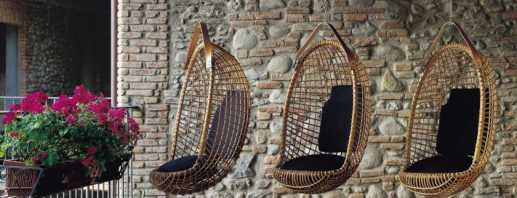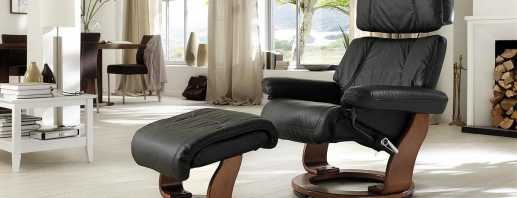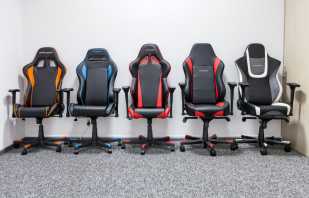DIY workshop for making a feeder chair
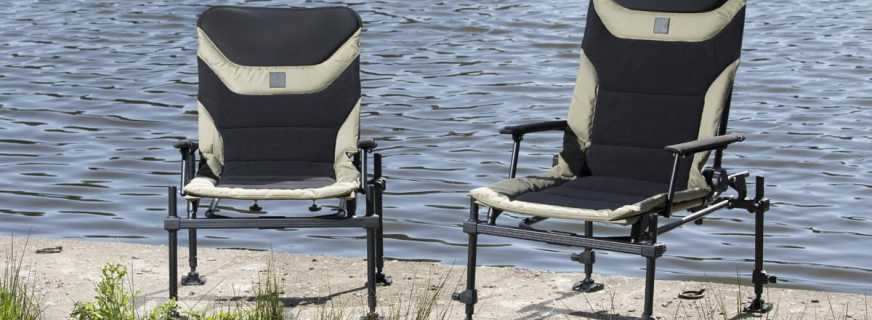
Fans of fishing know that it will be much more pleasant to enjoy this process if you take special devices with you to the pond. The feeder chair serves this very purpose - to create a more comfortable environment. The stores offer many options for such chairs, many of them quite expensive. To save the family budget, you can make a feeder chair with your own hands, fully meeting the requirements of the fisherman. This is not difficult to do, you just need to prepare the necessary tools and carefully measure all the details.
Content
What is a
The chair for feeder fishing can be made in the form of a simple stool. For greater comfort, it is worth building it more complicated: with a back, armrests and body kit. To make the chair comfortable to use, it must meet the following requirements:
- Compact design - the chair should easily fit in a backpack when fishing.
- Lightweight, which is important for long-distance transport.
- Strength affecting the ability to support the weight of the fisherman.
- Stability on any surface, as the banks of water bodies are not perfectly flat. The safety of the fisherman depends on this.
The legs of the chair for winter fishing should not be thin so as not to press into soft ground or snow under the weight of a person. Another plus of the feeder chair can be adjustable backrest and legs, which allows you to change the height of the backrest and in a sitting position to relieve tension from the back, which arises from a long stay in one position.
Design Varieties
Do-it-yourself fishing chair can be of several types, which is determined by its design features:
- Folding chair - consists of a seat and back, connected by a loop.
- Armchair with back. Models of this design are solid and folding. The folding fishing stool is more mobile, it can easily be put in a backpack, while a one-piece product is considered more durable.
- Reclining chair. Chairs of this design, in turn, are divided into prefabricated, solid, folding.
- Armchair with shelves. The main feature of the model is special devices for placing gear and other fishing accessories on it.
The easiest option for making with your own hands is a folding bed, it can be made from any materials with the least cost of money and time, a lounger chair is a more complex structure.
When choosing a device, you should take into account your strengths and, if you do not have skills in manufacturing feeder chairs, start assembly with the simplest variety.
Materials of manufacture
The main materials for assembling a feeder chair with your own hands are the following:
- Wood or chipboard. Wooden products must be impregnated with special means that increase moisture resistance, otherwise the chair will not serve for long and will quickly begin to rot under the influence of water.
- Steel. A chair made of this material is the most durable, provided that it has been treated with an anticorrosive composition, since rust will appear over time under the influence of moisture on the metal. Making a fishing chair out of steel will require a more sophisticated tool.
- Polypropylene pipes. Material that does not require special processing. Stools made from it are quite strong and durable. Assembly is easy; simple tools are required.
- Textile material. For the manufacture of seats and backs, it is better to choose more wear-resistant textiles, for example, tarpaulins, which will not tear upon first use.
When manufacturing a chair for feeder fishing, it is not recommended to choose plastic or aluminum - such materials are quite fragile, unreliable. The product will not last long, especially if people with high weight use such chairs.
How to draw a drawing
The first step in creating a do-it-yourself fishing chair is to complete the drawing. There is a diagram of any chair on the net. As a rule, these are drawings of simple structures. More advanced models with additional devices can be drawn with your own hands. Another way to perform a drawing is with computer programs.
When choosing the dimensions of the feeder chair - the width of the seat, the height of the legs and back - you should take into account the complexion of the fisherman who will use it. This will help to make your fishing trip the most comfortable. For a medium-sized fisherman, the optimal dimensions are the dimensions of the chair 1.5 x 0.5 m.
If, when making a DIY fishing chair, the drawings do not fit the width and height parameters, you can safely change them to those that are optimal.
Manufacturing steps
Given your own skills in manufacturing products from different materials, as well as personal wishes, you can build your own chairs for feeder fishing of varying complexity.
Simple model
To make the simplest model of the feeder chair, you will need three locking pipes made of metal with a diameter of 20 mm, material for the seat and back, strong threads, 4 bolts and nuts. Necessary tools: electric drill, hacksaw, grinder. Manufacturing technology:
- The short sides of the seat are stitched with two wide strips, from the bottom they are fixed with a stop from a thin strip. In this case, the fabric is sewn immediately on 2 metal pipes, which will serve as the legs of the chair. The material on the back is also stitched on short sides.
- In the joints of the legs in the middle of the long sides, holes are drilled and connected crosswise with fasteners.
- A pipe is attached to one of the legs, which will act as a back.
It is worth considering that in this design the back does not add up.
With adjustable legs and backrest
A chair with a back is a complicated version of a feeder chair. The material required to assemble such a chair: a steel pipe for a frame with a diameter of 20 mm, fasteners (bolts, nuts), textiles for seats and backs, threads, rubber nozzles for legs, an anti-corrosion compound. The tools used are the same as for a simple model. Build Algorithm:
- The metal pipe is cut into several parts: for legs and seats - 8 segments of 55 cm, for the back - two segments of 70 cm, one segment - 30 cm.
- On pipes in the amount of two pieces that are designed for seating, two fasteners are installed at a distance of 6 cm from the beginning and end.
- Fasteners are also attached to one of these pipes, with the help of which the back will be mounted. Fasteners are located at a distance of 9 cm from the beginning of the pipe.
- To finish the manufacture of the chair frame, the prepared trade union pipes with fasteners are connected by two more pipes. Thus, 4 metal segments 55 cm in size were used.
- Pipes prepared for the back of a size of 70 cm are connected to a pipe with a length of 30 cm using fasteners.
- The remaining four pieces of 55 cm in size are attached to the ends of the frame tubes, which will act as legs. They are mounted nozzles made of rubber.
- At the last stage of manufacturing the chair, textile is stretched on the seat and back. Holes are made on the short sides of the tarpaulin, the material is pulled together with an elastic band. The elastic will allow the seat to sag a bit under the weight of the angler. Textiles of the back are pulled along the long sides.
The described design will allow you to adjust the legs in height, which will make the chair more convenient to use.
From polypropylene pipes
A simple manufacturing option for the feeder chair, for which you will need: PVC pipes with a diameter of 25-32 mm, fittings connecting the chair parts, durable textiles for seating, fasteners, threads. Assembly tool: scissors for cutting pipes or a hacksaw for metal, a soldering iron. Guide how to make a fishing chair from polypropylene pipes with your own hands:
- The tube is cut into segments: 16 parts for the back, legs, seat, the length of which can be chosen independently.
- We connect pipe segments with fittings. For convenience, the assembly should be started from the back, then the seat and handles are fastened.
- For the seat and backrest, take material that is stitched on the short sides with holes for inserting pipes.
- After checking the design for stability, it is disassembled, the material is stretched to the corresponding pipe sections.
- At the final stage of assembly, the parts are soldered or fixed with glue.
The result is a homemade chair with armrests, which will be quite stable on any surface. It is worth noting that the back of a similar design does not move, its position is unchanged.
Folding chair
To assemble a folding chair, you will need a polypropylene pipe with a diameter of 25 mm, fittings, material for the seat, threads, 2 bolts, 2 nuts. Guide how to make a folding chair:
- 18 cm fabric is cut. It is sewn along the short sides so that holes are obtained into which pipes will be inserted.
- The pipe is cut into pieces: 4 pieces of 40 cm and 4 pieces of 20 cm.
- In the long pipes in the middle, holes are drilled for bolting.
- Short 20 cm pipe sections are inserted into the prepared fabric. Corners are put on the ends.
- 2 rectangles are formed from all pipe segments measuring 20 x 40 cm. They must be connected by a fabric.
- Rectangles are interconnected by bolts and nuts in drilled places. It is not recommended to tighten the nuts too tight so that the chair develops effortlessly.
For structural strength, glue or welding can be used at fittings. Such a folding chair for fishing will serve for a long time thanks to the material from which it is made, it will be easy to carry, the chair will not take up much space in the backpack.
Finishing and Maintenance
To increase the life of the chair for feeder fishing, made with your own hands, you need to conduct additional finishing processing of materials:
- A chair made of metal pipes must be treated with an anti-corrosion compound. When using the chair in adverse weather conditions, rust appears on metal parts over time, which will reduce its service life.
- In the manufacture of legs, seats or backrests from wood, the surface must be covered with antiseptic, primer and paintwork. This will significantly increase the resistance of the material to the effects of water, as well as extend the life of the chair.
Proper maintenance is an important prerequisite for the long life of the feeder chair. After each use, the chair must be put in order: to clean off adhering earth, wipe it dry. It is advisable to store a fishing chair in a place specially designated for it, where it will not interfere with anyone and will be protected from moisture.
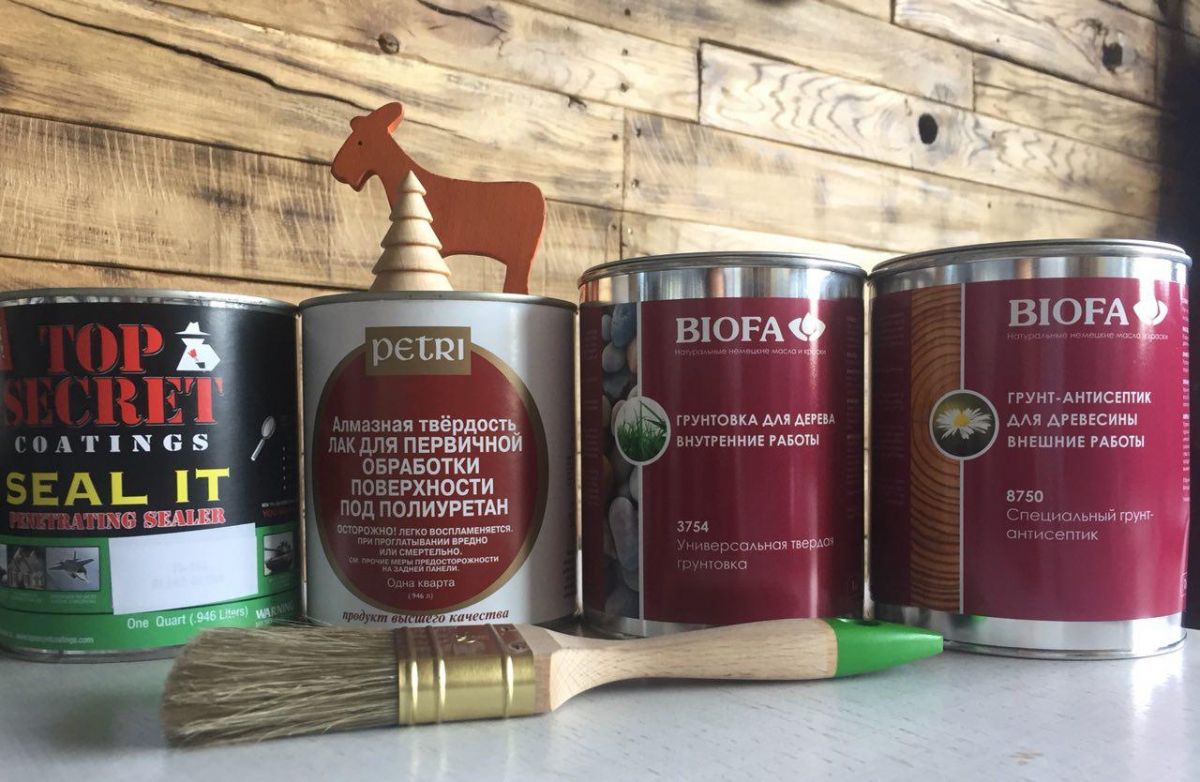
Additional devices
The simplest model of a fishing chair is a stool. The armrests are considered by some fishermen to be superfluous, since they can restrict movement. Shop products often have body kits - additional devices that facilitate fishing. It’s convenient when everything you need is at hand and you don’t have to bend to the ground to get bait or gear. Such devices can also be built with your own hands, complementing them with a fishing chair.
Materials required for the manufacture of body kits:
- aluminum pipe with a diameter of 25 mm;
- fittings - tees and corners of 4 pieces;
- fixture for pipes;
- nuts and bolts;
- plastic box or countertop;
- plastic clips for fastening the pipe.
Tool Needed:
- electric drill;
- soldering iron;
- hacksaw for metal;
- drill.
Manufacturing technology:
- The holes in the fittings are drilled up to 26 mm, so that it is possible to attach them to the legs of the chair.
- The nut is fixed in a plastic tee so that the bolt holds the aluminum pipe in the fitting. A hole with a diameter of 8 mm is drilled in the tee, in which a bolt is installed.
- To get a clamp for fixing the pipe inside, the nut is heated with a soldering iron and pressed into the tee.
- To fasten parts of the body kit that are required on fishing occasionally, in the corner you can drill additional holes where the bolt and nut are placed. It is recommended that a washer be placed under the nut so that deformation of the metal tubes does not occur.
- The fastening for hanging a drawer or nozzle table is made in the form of a pipe placed on the side of the chair, held in parallel. From the central support in the middle, an additional pipe is diverted to the side in the shape of the letter “T” with the foot in the ground. The table is attached with clips screwed to the bottom.
To attach a fishing rod, no additional support devices are required. It is enough to attach a tap to the leg of the feeder chair. In the same way, you can make a folding chair with mounts for other useful devices, fixed by fittings to the legs of the chair.


